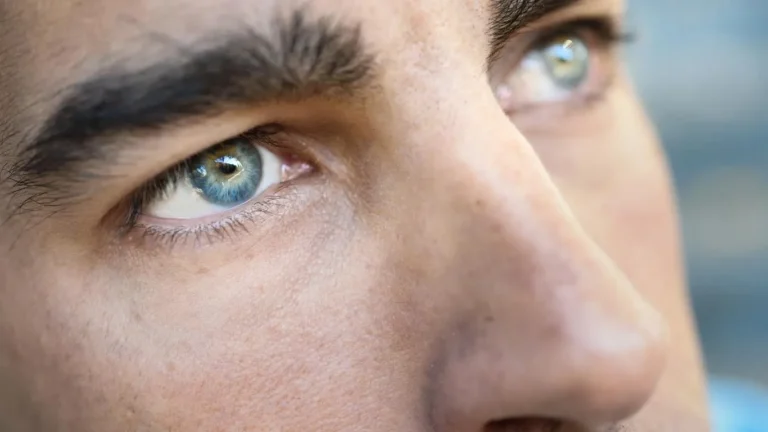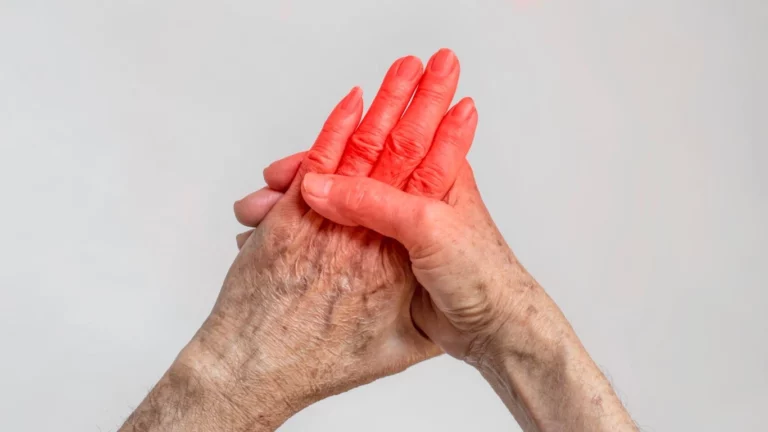Are Energy Drinks Safe with High Blood Pressure? What You Need to Know
When it comes to managing high blood pressure, one of the most common questions I get asked in my practice as an Internal Medicine Physician is, “Are energy drinks safe with high blood pressure?” It’s a legitimate concern, especially since energy drinks are so popular, especially among younger people and those who need that extra pick-me-up during busy days. But, let’s dive into the science behind it, and I’ll share my own perspective as a doctor who’s been managing patients with hypertension for years.
Understanding High Blood Pressure: A Quick Overview

Before we get into whether energy drinks can affect your blood pressure, it’s important to understand what high blood pressure, or hypertension, actually is. Hypertension is a condition where the force of your blood against the walls of your arteries is consistently too high. It’s often called the “silent killer” because it doesn’t usually have noticeable symptoms, but it can lead to serious complications like heart disease, stroke, and kidney problems.
There are two main types of high blood pressure: primary hypertension, which develops gradually over time, and secondary hypertension, which is the result of another medical condition, such as kidney disease or hormone imbalances. Knowing which type you have is important, as it can affect the treatment plan your doctor recommends. However, for the sake of this article, we’ll focus on the general effects of high blood pressure and its potential interaction with energy drinks.
What’s in Energy Drinks?
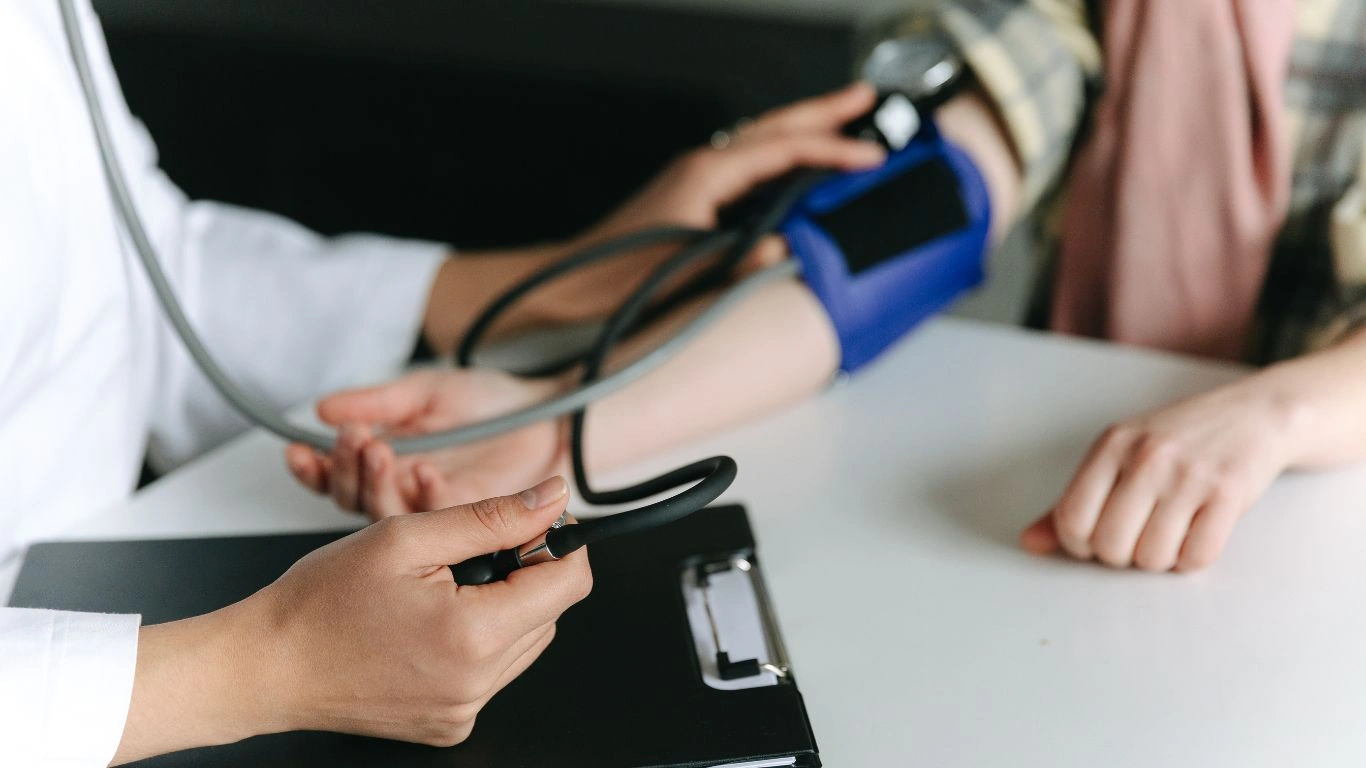
Energy drinks are designed to give you a quick boost of energy, typically in the form of caffeine and sugar. But that’s not all; many of them also contain additional stimulants and ingredients that can influence your cardiovascular health. Let’s break down the main components:
- Caffeine: This is the main stimulant in energy drinks. Caffeine is known to temporarily raise blood pressure by stimulating the heart and causing blood vessels to constrict. For most people, this isn’t a major issue, but for those with high blood pressure, this can be a problem.
- Sugar: Many energy drinks are packed with sugar, which can contribute to weight gain and insulin resistance. Over time, these factors can worsen hypertension and make it harder to manage.
- Taurine: This amino acid is thought to have a calming effect on the nervous system, but it can still interact with other stimulants like caffeine.
- Guarana and Ginseng: These natural stimulants are often included for an extra burst of energy, but they can also have effects on your blood pressure and heart rate.
In addition to these ingredients, some energy drinks may also contain B vitamins and herbal extracts, which can sometimes have a mild stimulating effect. However, it’s the combination of caffeine and sugar that typically causes the most concern for individuals with high blood pressure.
How Energy Drinks Affect High Blood Pressure
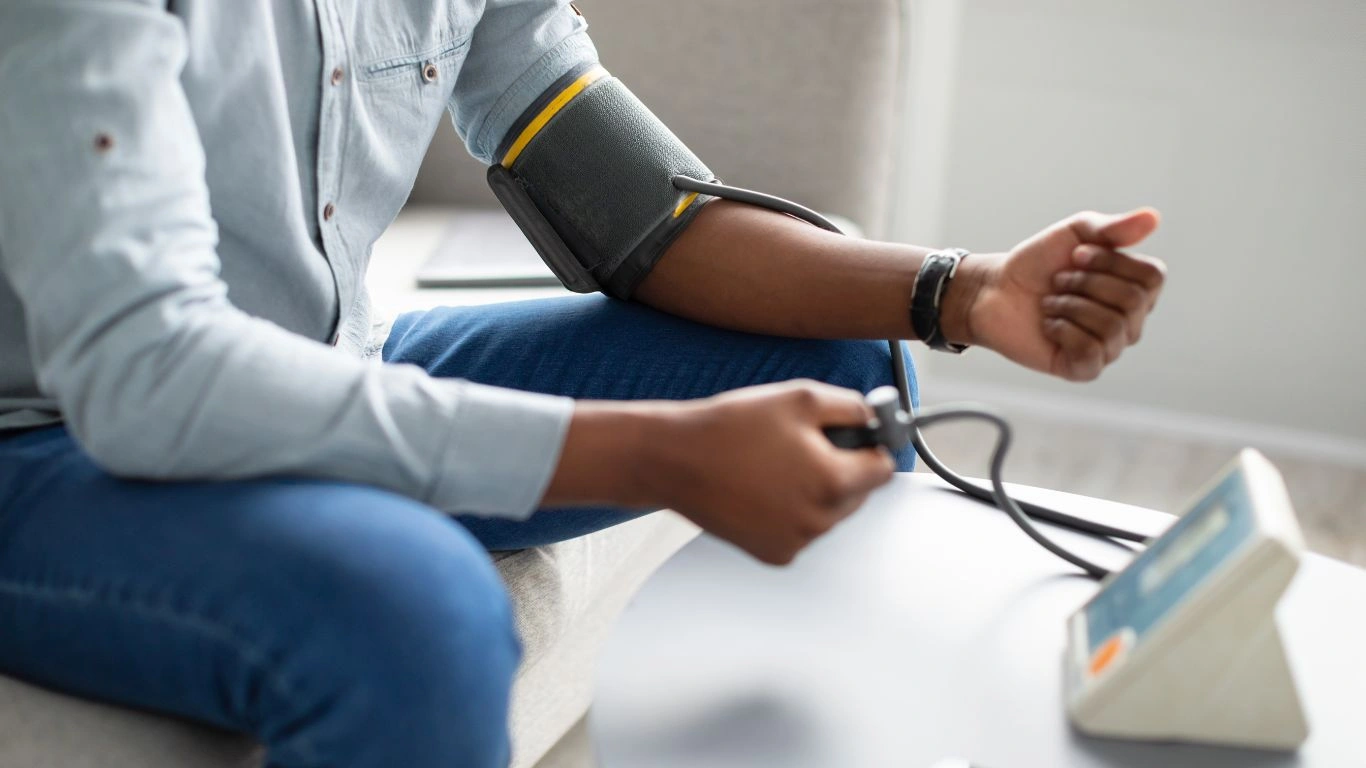
Now that we understand what goes into energy drinks, let’s talk about how they can impact those with high blood pressure. The primary concern is that the caffeine in these drinks can cause an increase in your blood pressure. Here’s how:
1. The Caffeine Effect
Caffeine works as a stimulant by blocking the effects of a neurotransmitter called adenosine. This leads to increased levels of other neurotransmitters like norepinephrine and dopamine, which help stimulate the heart and constrict blood vessels. This reaction causes a temporary increase in both heart rate and blood pressure. For someone with normal blood pressure, this increase is usually small and short-lived. But for someone with hypertension, even a small rise in blood pressure can be risky.
2. The Sugar Component
The sugar in many energy drinks is another contributing factor. Consuming large amounts of sugar, especially in liquid form, can lead to rapid spikes in insulin levels. Over time, this can lead to insulin resistance and obesity, both of which are major risk factors for high blood pressure. The combination of sugar and caffeine can, therefore, put additional strain on the cardiovascular system.
3. Increased Heart Rate and Risk
The stimulants in energy drinks can also cause an increase in heart rate, which can be dangerous for individuals with hypertension or any form of heart disease. In some cases, the heart rate may become irregular, leading to arrhythmias (irregular heartbeats). This can be a serious health risk, especially for individuals who are already at an increased risk of heart disease due to their high blood pressure.
In my personal experience with patients, I’ve seen cases where individuals with borderline hypertension or those not properly managing their condition have experienced noticeable spikes in their blood pressure after consuming energy drinks. These spikes can be temporary, but the cumulative effect over time can have a negative impact on overall heart health.
What Does the Research Say About Energy Drinks and Hypertension?
Several studies have been conducted on the relationship between energy drinks and high blood pressure. In one study, participants who consumed energy drinks with caffeine experienced an increase in systolic and diastolic blood pressure compared to those who consumed a placebo drink. The effects were more pronounced in individuals who already had high blood pressure. However, other research suggests that the effects may vary from person to person, depending on factors such as caffeine tolerance and overall cardiovascular health.
It’s clear that energy drinks can have an impact on blood pressure, but the degree of the effect varies. It’s always best to consult with your doctor about your specific situation, especially if you’re managing high blood pressure.
Should You Avoid Energy Drinks If You Have High Blood Pressure?
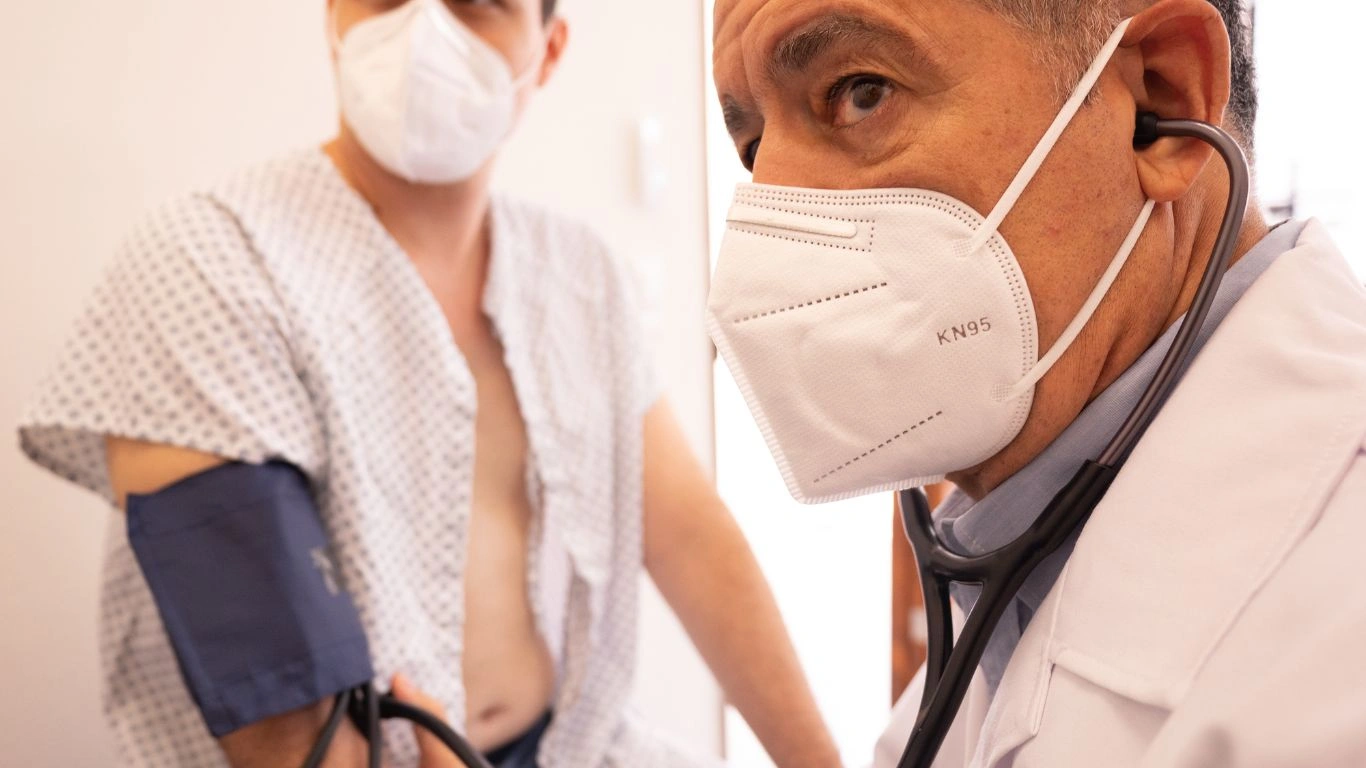
Now that we’ve looked at how energy drinks can affect blood pressure, the next question on everyone’s mind is: Should you avoid them altogether if you have high blood pressure? While the answer isn’t a simple “yes” or “no,” there are some important considerations to help you make the right decision for your health.
From my experience working with patients, the general advice I give is to be cautious. If you already have high blood pressure, consuming energy drinks with high levels of caffeine and sugar can lead to spikes in blood pressure and heart rate, which may put additional strain on your cardiovascular system. That said, everyone’s body reacts differently to stimulants like caffeine, so it’s important to evaluate how you feel when you consume these drinks.
If you have well-controlled hypertension, you might be able to indulge in an energy drink occasionally without causing major issues, but it’s all about moderation and monitoring how your body responds. I always recommend checking your blood pressure regularly to see if there’s any noticeable change after consuming energy drinks.
Alternatives to Energy Drinks for People with High Blood Pressure

If you’re someone who relies on energy drinks to get through your day but are now concerned about their effects on your blood pressure, there are some healthier alternatives you can try. Here are a few options that can provide a natural boost of energy without the risks associated with caffeine and sugar:
- Green Tea: Green tea contains caffeine, but at much lower levels than energy drinks. It also has antioxidant properties that can benefit your heart health. If you’re looking for a mild energy boost without the jitters, green tea is a great option.
- Matcha: Matcha, a powdered form of green tea, contains even more antioxidants and can provide a more sustained energy boost. Since it’s made from whole leaves, matcha also provides more fiber, which can help regulate blood sugar levels.
- Herbal Teas: Herbal teas like ginger, peppermint, or chamomile won’t give you a caffeine boost, but they can help with digestion, relaxation, and hydration, which is key to maintaining healthy blood pressure levels.
- Water Infused with Fruit: Staying hydrated is vital for controlling high blood pressure. You can infuse your water with fruits like lemon, cucumber, or berries to add a refreshing twist and a natural source of vitamins.
- Fresh Juices: Freshly pressed juices made from fruits and vegetables like oranges, carrots, and beets can provide a burst of vitamins and minerals to boost your energy naturally.
These alternatives are not only good for your blood pressure but also support overall health. The key takeaway is to find a way to stay energized without relying on high-caffeine, sugary drinks that can cause spikes in blood pressure. Plus, hydration and maintaining a balanced diet play a huge role in managing hypertension.
What to Look for on Energy Drink Labels
If you’re not ready to give up your energy drink just yet, it’s important to understand what you’re consuming. When reading energy drink labels, there are a few things you should watch out for:
1. Caffeine Content
While most energy drinks contain caffeine, the amount can vary significantly from one brand to another. Some contain as much as 200 milligrams of caffeine per can – that’s roughly the same as drinking two cups of coffee! If you’re trying to manage high blood pressure, it’s a good idea to choose energy drinks that have lower caffeine content, or better yet, opt for those labeled as “low-caffeine” or “caffeine-free” alternatives.
2. Sugar Levels
High sugar intake is linked to increased risk of hypertension and heart disease. Look for energy drinks that have low or no added sugar. Even better, some energy drinks are sweetened with stevia or other natural sugar substitutes, which might be a better option for individuals with high blood pressure.
3. Additional Stimulants
Many energy drinks contain additional stimulants like taurine, guarana, and ginseng. These ingredients can also raise your blood pressure, especially when combined with caffeine. While these ingredients may be marketed as providing extra energy, they can have unintended consequences for those with hypertension. If you’re unsure about a specific ingredient, it’s always a good idea to talk to your healthcare provider.
My Personal Experience: A Word of Caution
As a doctor, I’ve seen a range of reactions to energy drinks, particularly in patients with high blood pressure. Some patients can drink an energy drink and not feel much different, while others experience noticeable spikes in their blood pressure almost immediately. One of my patients, for example, used to have a regular energy drink every morning before heading to work. At first, it didn’t seem to affect him much, but after a few months, his blood pressure readings started to creep up. It wasn’t until we reviewed his lifestyle and diet that we realized his daily energy drink habit was contributing to his rising numbers.
For many of my patients with high blood pressure, I recommend they try cutting back on caffeine and monitor their blood pressure regularly. In some cases, simply reducing the number of energy drinks they consume can lead to significant improvements in blood pressure control.
Ultimately, everyone’s body reacts differently. What works for one person might not work for another, which is why it’s so important to listen to your body and consult with your healthcare provider before making any major changes to your diet or lifestyle.
Can You Still Enjoy Energy Drinks with High Blood Pressure?
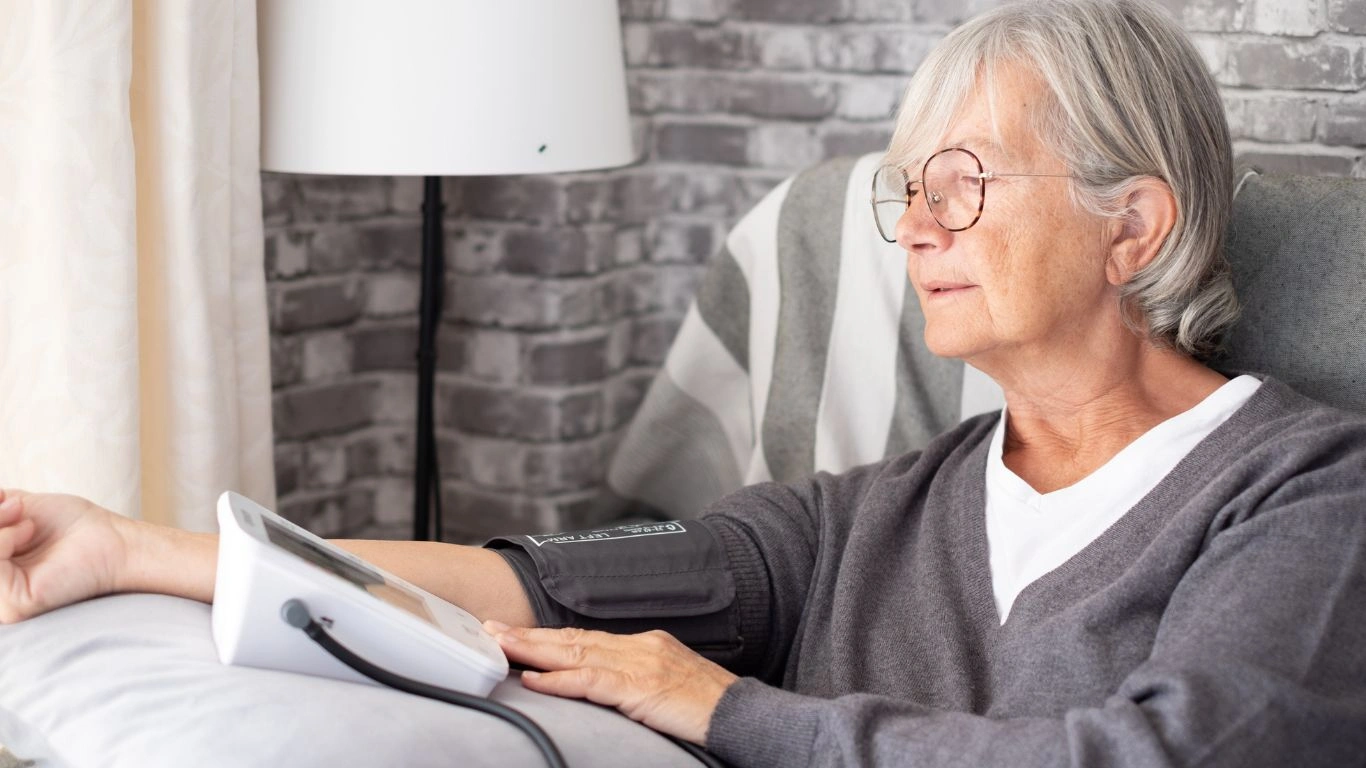
After reading the first two parts of this article, you’re probably wondering: “Can I still enjoy an occasional energy drink if I have high blood pressure?” The short answer is, it depends. For many people, the occasional energy drink might not cause significant problems, but for others, especially those with poorly controlled hypertension, it can trigger worrying spikes in blood pressure.
Ultimately, it’s about balance, moderation, and monitoring. Here’s how you can enjoy energy drinks without risking your health:
1. Choose the Right Drink
As we’ve discussed earlier, energy drinks vary significantly in their caffeine and sugar content. Choosing the right energy drink is critical. Look for options that are lower in caffeine and sugar. In fact, some brands now offer “low-caffeine” or “no added sugar” options that are designed with people like you in mind. These drinks might still give you a little pick-me-up but are less likely to cause a dramatic rise in blood pressure.
Another option is to choose energy drinks that include heart-healthy ingredients like electrolytes, or ones with added vitamins and minerals that can support overall wellness. Just make sure you’re aware of the ingredients and how they might affect you. Every body is different, and what works for one person may not work for another.
2. Monitor Your Blood Pressure
If you have high blood pressure, the best way to understand how energy drinks affect you is to monitor your blood pressure regularly. If you drink an energy drink, check your blood pressure both before and after consuming it. You might notice an immediate increase, or it could be more subtle. Either way, keeping track of your readings will help you see if there’s a correlation between your energy drink consumption and your blood pressure levels.
Some patients I’ve worked with have found that just switching from a regular energy drink to one with less caffeine made a huge difference. For others, even small amounts of caffeine in these drinks could lead to a noticeable increase in blood pressure. This is why regular monitoring is essential for those managing hypertension.
3. Don’t Use Energy Drinks as a Habit
If you’re someone who regularly turns to energy drinks, it’s time to re-think that habit. Relying on energy drinks for a burst of energy could be masking a bigger issue, such as poor sleep, stress, or an imbalanced diet. I’ve worked with many patients who’ve cut down on their energy drink consumption and noticed improvements in their overall energy levels and blood pressure.
Instead of reaching for a can of energy drink every day, consider healthier ways to boost your energy levels, like getting enough sleep, eating balanced meals, and staying hydrated. Sometimes, all your body needs is rest and proper nutrition. Even something as simple as taking a brisk walk or practicing mindfulness can help recharge your energy without putting your heart at risk.
References to Explore More on Hypertension and Energy Drinks
To gain a deeper understanding of how hypertension and energy drinks are related, as well as tips on managing high blood pressure, I recommend checking out some trusted resources. Here are a few helpful websites:
- National Institutes of Health (NIH)
- Health.com
- Centers for Disease Control and Prevention (CDC)
- American Heart Association
These resources provide evidence-based information that can help you stay informed about high blood pressure and the potential effects of stimulants like those found in energy drinks.
Final Thoughts: Make an Informed Decision
In conclusion, the relationship between energy drinks and high blood pressure is complex. While it’s not always necessary to completely eliminate energy drinks from your routine, it’s essential to make an informed decision based on your individual health needs. Some people with high blood pressure can tolerate energy drinks in moderation, while others may experience significant spikes in their blood pressure after just one can. The key takeaway is to listen to your body, check your blood pressure regularly, and consult with your healthcare provider before making any major changes to your diet or lifestyle.
Remember, you don’t have to give up everything you enjoy, but it’s crucial to find the right balance and always prioritize your heart health. If you’re ever unsure about whether an energy drink is safe for you, don’t hesitate to reach out to a healthcare professional who can guide you in the right direction.
Disclaimer
While I’ve shared my professional insights and personal experiences in this article, it’s important to note that this information is not intended as medical advice. If you have concerns about your blood pressure or the effects of energy drinks, please consult your doctor or a healthcare provider. Each person’s body responds differently, and it’s essential to get personalized guidance based on your specific health needs.

Dr. Gwenna Aazee is a board-certified Internal Medicine Physician with a special focus on hypertension management, chronic disease prevention, and patient education. With years of experience in both clinical practice and medical writing, she’s passionate about turning evidence-based medicine into accessible, actionable advice. Through her work at Healthusias.com, Dr. Aazee empowers readers to take charge of their health with confidence and clarity. Off the clock, she enjoys deep dives into nutrition research, long walks with her rescue pup, and simplifying medical jargon one article at a time.

